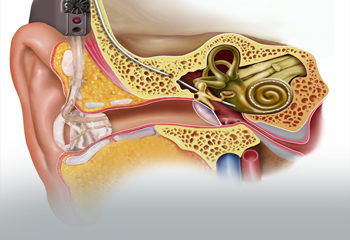
Low power methods will definitely play its importance in the advancement of ultra low power digital VLSI design for recent biomedical technology, but these power reduction methods and their comparisons have never been surveyed so far. There exists a gap in the selection of best ultra low power techniques for designing of digital biomedical implants. The essential aim of this research is to fill the existing gap by doing investigation of various ultra low power techniques for implantable digital electronics by analyzing sources of power dissipation, power estimation and optimization techniques at different level of design abstraction layers, various technologies for low power design, comparison of low power design techniques and their applications in bio-inspired systems. The cochlear implant is one of the most required neural artificial designs in India. It is the most effective artificial design in terms of restoration of function. Being a most successful neural artificial design, cochlear implants have provided partial hearing to more than 120 000 persons worldwide. However a remarkable progress has been made in the development of cochlear implants but there still remains scope for improvements, especially low power and area design of the cochlear implant. Biomedical engineers have played a significant role in the design, integration and evaluation of the cochlear implant system, but the overall success will be achieved when cochlear implants will be available with less cost and good efficiency in terms of less power consumption.
Principal Investigator:
Ms. Anjali Sharma

